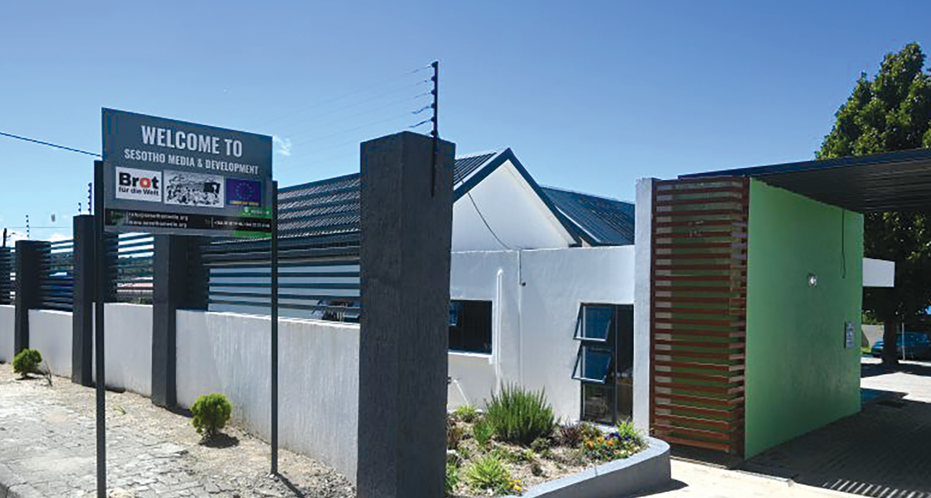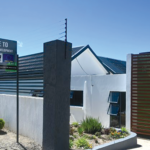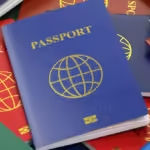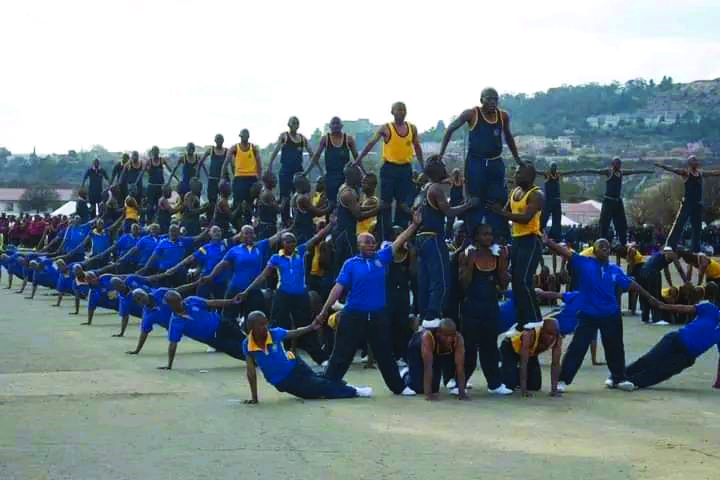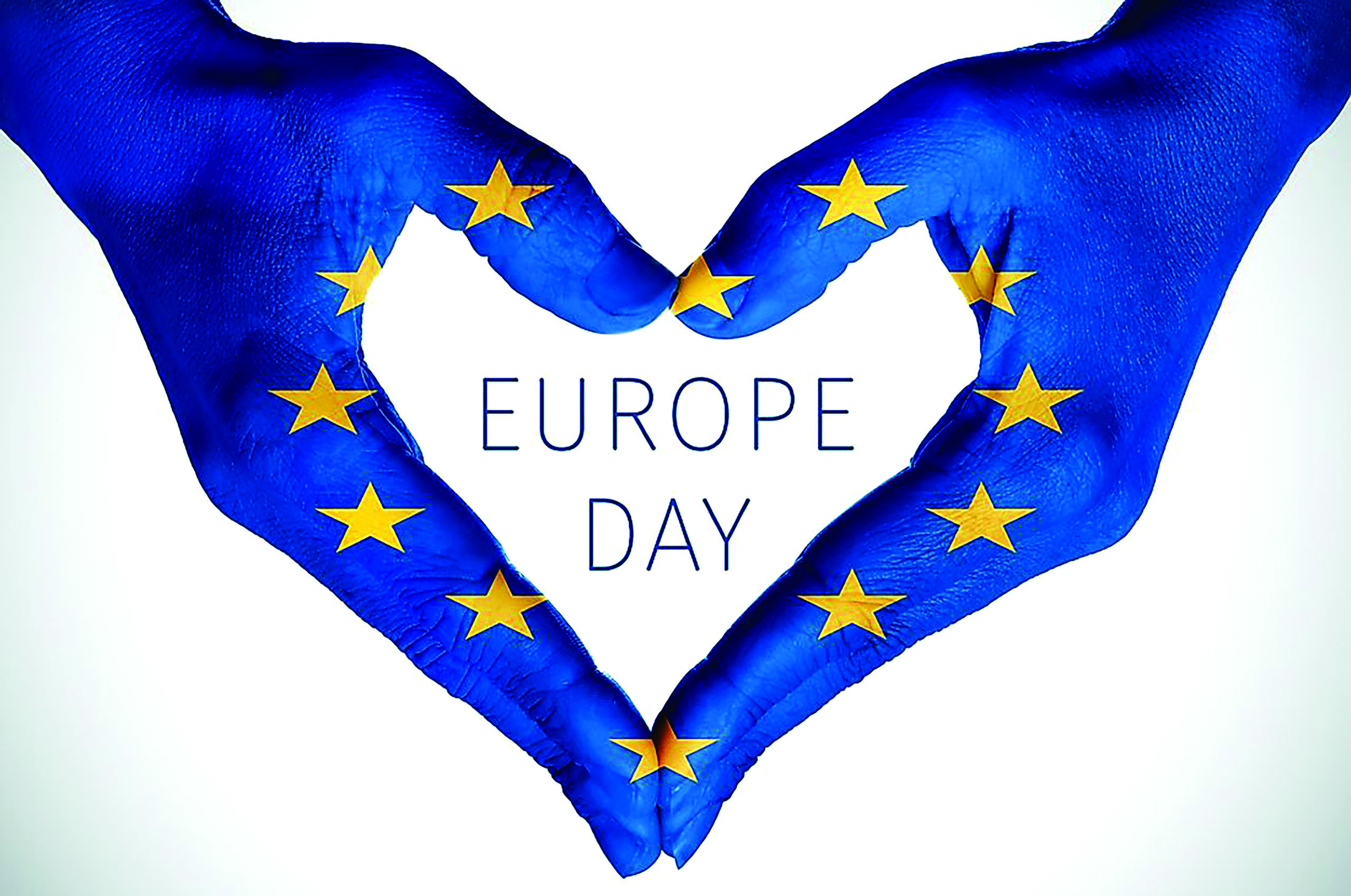The European Union (EU) has stepped into a simmering controversy, defending its funding of Sesotho Media & Development (SM&D) despite growing concerns over the organisation’s dual legal identities.
Newsday reported last week that SM&D, long lauded as a champion of human rights and social justice, has been registered both as a trust under the Deeds Registry Act of 1967 since 2000, and as a society under the Societies Act of 1966 since June 2021.
Notably, the society registration occurred just two months after the EU publicly announced a €750,000 (around M15 million) police accountability project involving SM&D, a timing critics say reeks of strategic manoeuvring to secure funding.
In an email to Newsday this week, the EU insisted its funding procedures were rigorous and stated that SM&D’s trust status was sufficient for eligibility.
“The EU awards grants to civil society organisations through open and public calls for proposals. Each call specifies criteria that applicants must fulfil when submitting their proposals – that is, prior to awarding funds,” the delegation said.
“As such, the EU does not impose conditions on beneficiary entities’ status. Eligibility criteria are assessed by the evaluation committee based on the documents submitted by the applicant,” it added.
The EU further stated that under the call EuropeAid/166129/DD/ACT/LS, a contract was signed with SM&D in February 2021, after the evaluation committee concluded that the trust fulfilled the eligibility criteria as a non-profit-making entity
When asked whether other trusts had received funding in Lesotho, the EU said: “In fact, other non-profit making CSO who benefited from EU funding are registered as trust.”
Documents seen by this publication reveal that as a trust, SM&D vests control in a board of trustees, but the constitution remains opaque on critical details.
Section 3, titled “Trusteeship,” states that “only such persons may become trustees who belong to the society and subscribe to the aims and objects.” But the constitution does not clarify how one becomes a member of this society or how subscription to its objectives is verified.
“All the affairs and business of the society shall be managed and controlled by trustees, who shall have full powers to carry out objects of the society as hence before provided and who shall also hold the society’s funds for the application of income and/or capital thereof for the promotion of the society’s business, provided that every act or decision of the trustees shall accord with aims and objects of the society,” the constitution read.
It further said the trustees shall consist of five trustees who shall hold office for two renewable and/or terminable before or at the end of the term. However, it did not mention who would elect or appoint members to the trusteeship.
The constitution specifies that the board shall consist of five trustees serving renewable terms, but it fails to detail who appoints or elects these trustees.
SM&D’s executive director, ‘Mamolefe Petlane, told Newsday last week that the dual registration is part of a “transition” and that the organisation remains compliant.
“The organisation is currently transitioning from a trust to a society, with amendments underway. We anticipate convening the AGM by the end of the year. Until then, Sesotho Media remains a registered non-profit trust. This is to ensure that all legal and governance requirements under the new constitution are complied with.”
Asked directly whether SM&D was currently registered as both a trust and a society, Petlane responded: “SM&D is a non-profit making organisation registered under the laws of Lesotho.”
The EU-funded project, launched in September 2021, was designed to create safe spaces for joint consultations between the public, civil society organisations, and the Lesotho Mounted Police Service (LMPS) to address human rights violations.
According to the EU, the initiative aimed to strengthen local participation in security sector reforms and empower marginalised groups.
On its website, SM&D states that it was established in 1999 by the esteemed international filmmaker Mr. Don Edkins, and has been predominantly supported by Bread for the World (BftW).
On its website, SM&D claims it was founded in 1999 by international filmmaker Don Edkins and has evolved beyond its initial HIV/AIDS focus to tackle gender equality, child marriages, human trafficking, sexual and reproductive health rights, child labor, gender-based violence, climate change, digitalisation, human rights, economic and social justice, and sustainable development.
Summary
- Newsday reported last week that SM&D, long lauded as a champion of human rights and social justice, has been registered both as a trust under the Deeds Registry Act of 1967 since 2000, and as a society under the Societies Act of 1966 since June 2021.
- The EU further stated that under the call EuropeAid/166129/DD/ACT/LS, a contract was signed with SM&D in February 2021, after the evaluation committee concluded that the trust fulfilled the eligibility criteria as a non-profit-making entity.
- “All the affairs and business of the society shall be managed and controlled by trustees, who shall have full powers to carry out objects of the society as hence before provided and who shall also hold the society’s funds for the application of income and/or capital thereof for the promotion of the society’s business, provided that every act or decision of the trustees shall accord with aims and objects of the society,” the constitution read.

Authored by our expert team of writers and editors, with thorough research.


